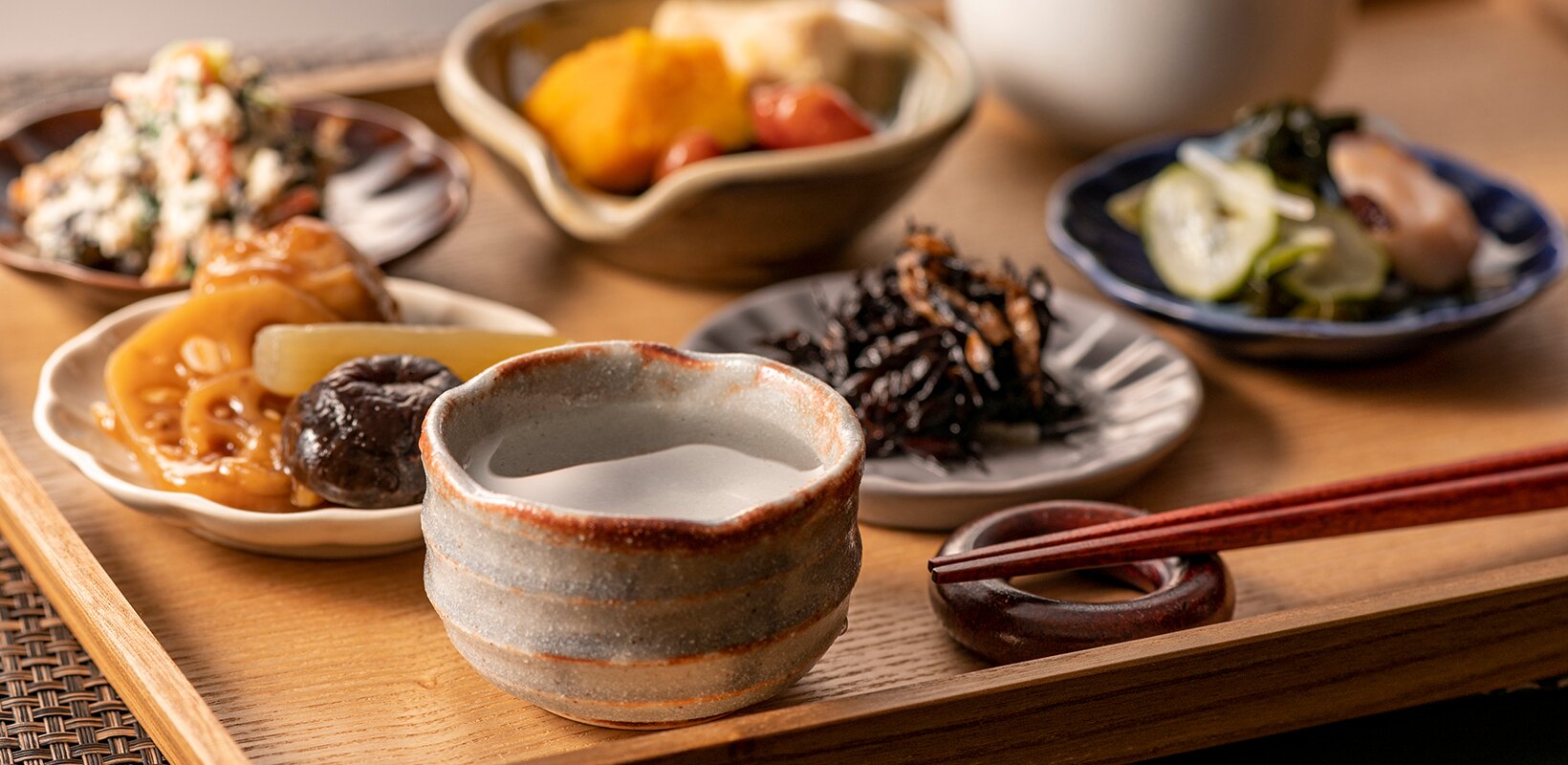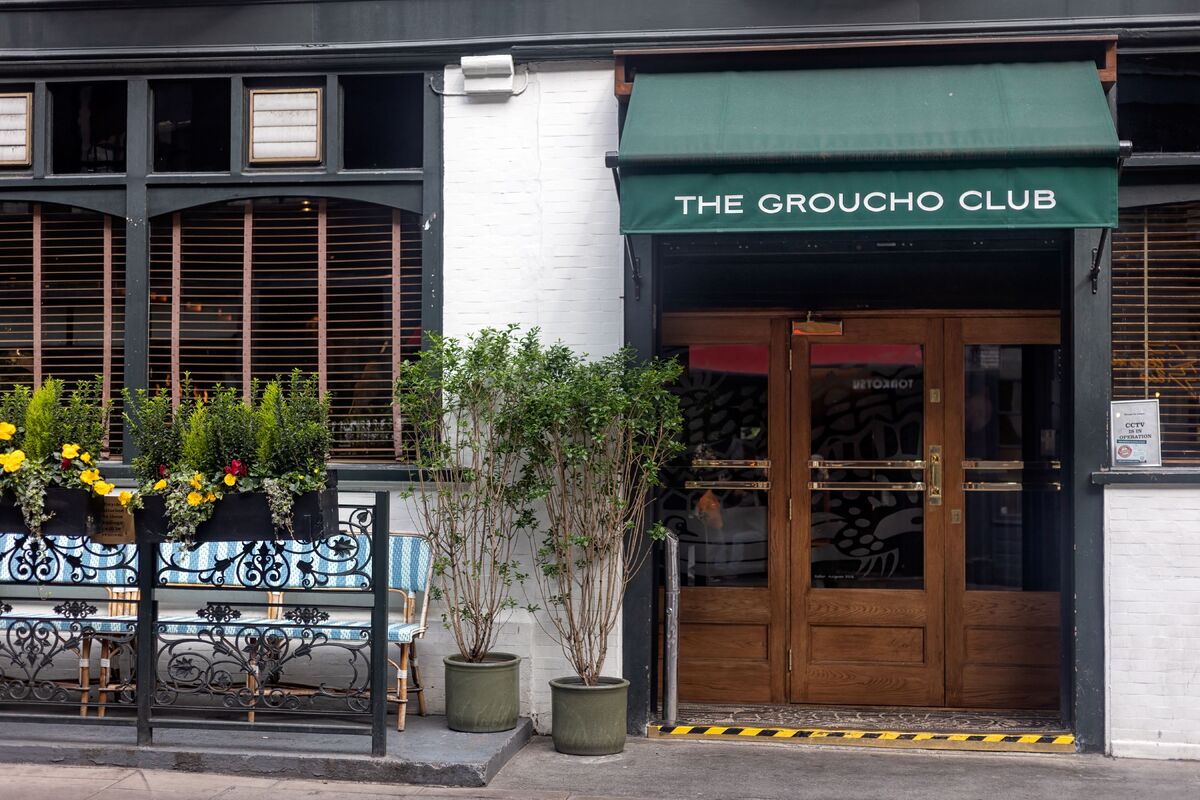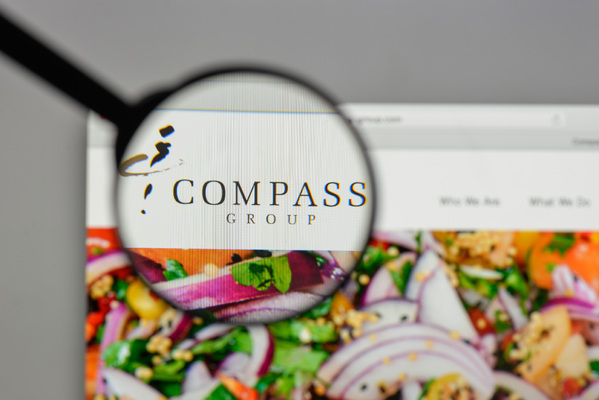Japanese cuisine: Add the flavours of Japan to your menu
Interest in Japanese cuisine is booming and suppliers are offering products for the budding washoku expert, from authentic mirin to professional rice cookers
Since the arrival of casual-dining high-street chains Wagamama and YO! Sushi to the current fine-dining trend for omakase cuisine, Japanese food – or washoku – has grown in both popularity and presence.
And there are wider causes for celebration for the Japanese cuisine sector: 2023 marks 10 years since washoku was registered a UNESCO Intangible Cultural Heritage of Humanity, which seeks to protect and raise awareness of the importance of cultural heritages’ skills, knowledge and expertise.
This, according to Masaru Watanabe, principal at the Tokyo College of Sushi and Washoku in Tokyo, “has no doubt helped to boost washoku’s popularity overseas”.
In addition, the Japan Matsuri festival, which showcases authentic Japanese culture and food, returned to London in 2023 for the first time since its inaugural launch in 2019. In autumn Watanabe will open Tokyo College’s first cookery school outside of Japan, selecting London as its global outpost.
Such exposure has helped the UK Japanese cuisine market increase from £797m in 2017 to an estimated £1.2b in 2023. Watanabe says this is “a marker of how Japanese cuisine is winning the hearts and minds of the consumer”, but adds that restaurant operators “need to be mindful of what constitutes a tradtitional Japanese food offering when designing their menus”.
Candice Caddell, campaign and brand executive at Bidfood, says: “The world of Japanese food is an eclectic mix of different traditions, trends and flavours, creating a delicious masterpiece,” adding that, while achieving authentic Japanese flavour may seem daunting to chefs and restaurateurs, “all it takes is a pantry stocked with the right products”.
Japanese Crown Melon
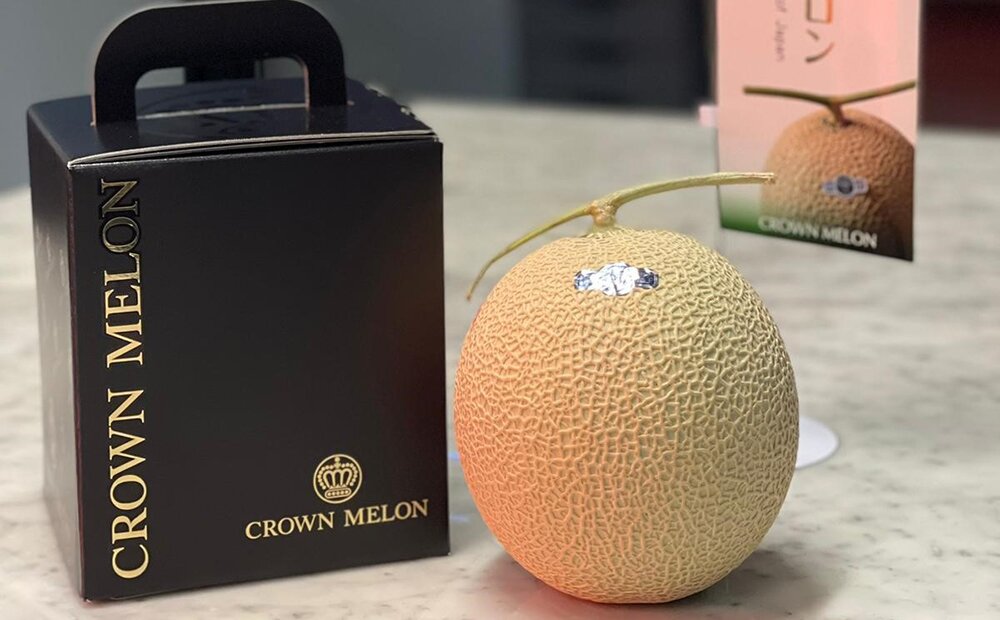
True World Foods has introduced the Japanese Crown Melon to the UK foodservice sector. The melon is served in London restaurants in the Dorchester, the Araki, Pollen Street Social and Taka Mayfair, often as a light dessert after sushi.
The fruit is considered a luxury gift in Japan and it is wrapped and boxed in a special case. It is imported directly from a single producer in the eastern region of Shizuoka, at the base of Mount Fuji, where one melon is cultivated per vine to ensure all the nutrients are concentrated into the one fruit.
Hoshizaki Led Sushi Display Case

Sushi is a culinary art form, but ensuring it remains fresh over the course of a day can be challenging. Hoshizaki’s refrigerated sushi cases with LED lighting are configured to preserve the freshness of delicate fish species through a cooling system that maintains a level of humidity and food-safe temperatures, even during peak serving times when the door is opened frequently.
LED lights provide the caterer and customer with a clear view of the contents within the glass-fronted case, while still operating in an energy efficient way.
Yuzuki red and green hot sauces
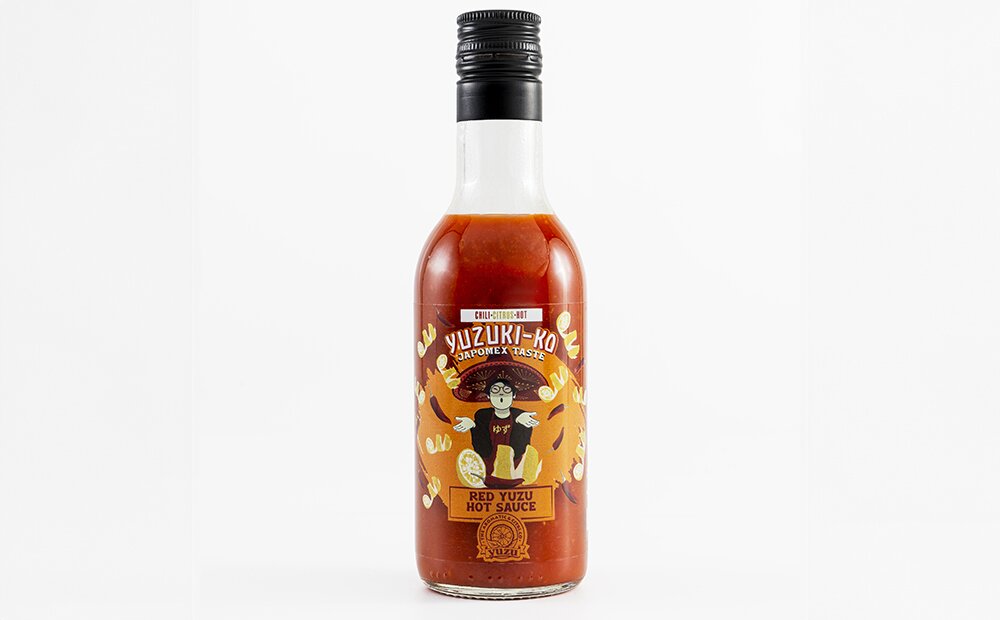
These chilli sauces are made from sweet yuzu fruit, which tastes of a combination of mandarin, lemon and grapefruit, combined with red or green chillies. The sauces have a pronounced citrus taste and leave a lingering chilli heat. Use straight out of the bottle to add to soups and noodle dishes, use as a marinade for meat for a sweet, sour, and spicy taste, or combine with a little oil and salt for an impactful dressing.
Yamazakura blended whisky
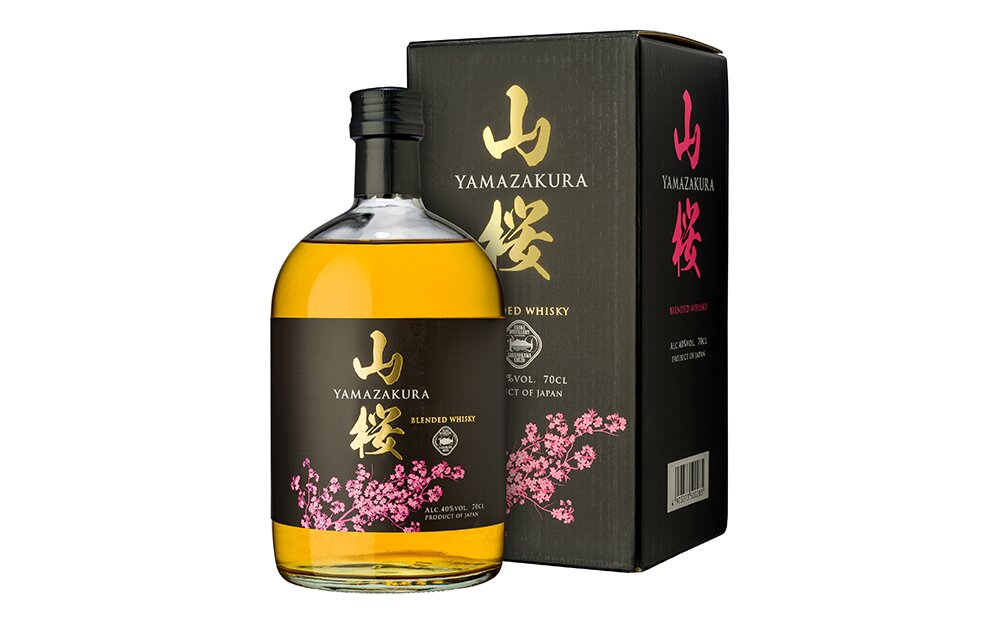
New to the UK, Yamazakura is a fresh and fruity blended whisky with notes of orchard fruit, salted caramel and vanilla.
It is produced at the Asaka distillery, the oldest sake brewery in Tohoku on Japan’s largest island, Honshu, an area known for its volcanoes and mountainous terrain. The whisky benefits from the area’s rich natural resources, including water from one of the country’s largest lakes.
The distillery’s natural surroundings are reflected in the brand’s name; ‘yama’ means mountain in Japanese, while ‘sakura’ refers to the cherry tree of Japan.
Horl 1993
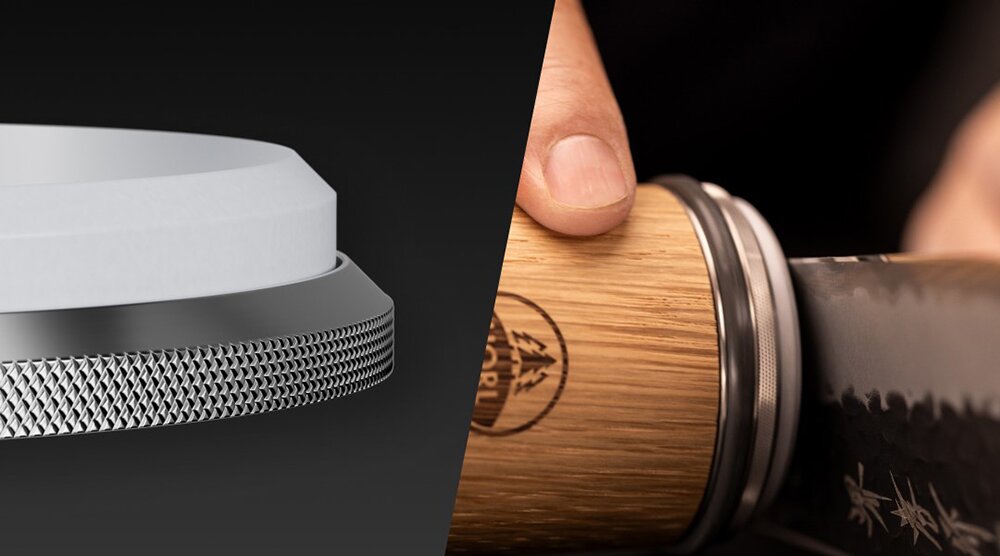
Knife sharpening company Horl 1993 has launched two new products: an ultra-fine sharpening stone, Kagami, and a new sharpener system docking station, Dock.
Kagami is designed in Germany’s Black Forest and produced in Japan by Japanese sharpening experts. When compared to standard Japanese whetstones, the Kagami achieves a sharper edge on all types of steel knives.
The new Dock sharpener is designed so that the angle support is held in place magnetically, while the sharpener is parked on a silicone pad. The anti-slip pad on the underside of the Dock allows it to stand firmly on any surface.
Mirin Okomedake
Available in the UK for the first time through the Wasabi Company, Mirin Okomedake is produced by Kokonoe Mirin, a mirin manufacturer that dates back to 1772.
The mirin, known for its ‘old-fashioned’ taste, is handcrafted using sticky rice, distilled rice alcohol and malted rice. The result is a natural sweetness and a deep umami from the sticky rice. Mirin Okomedake is suited for robust dishes such as strong-tasting fish and meats, but can also be used to elevate the subtle flavours of white fish.
Panasonic rice maker
The SR-UH36F electronic rice cooker is the latest model in Panasonic’s range of commercial rice cookers. Featuring 1400w power and a 3.6-litre cooking capacity, the design incorporates wrap-around heaters to offer improved heat retention, holding rice at the correct temperature for up to 12 hours. The cooker steams various types of rice and features a water gauge to assist with calculating the ratio of rice to water.
Spotlight on: Sake
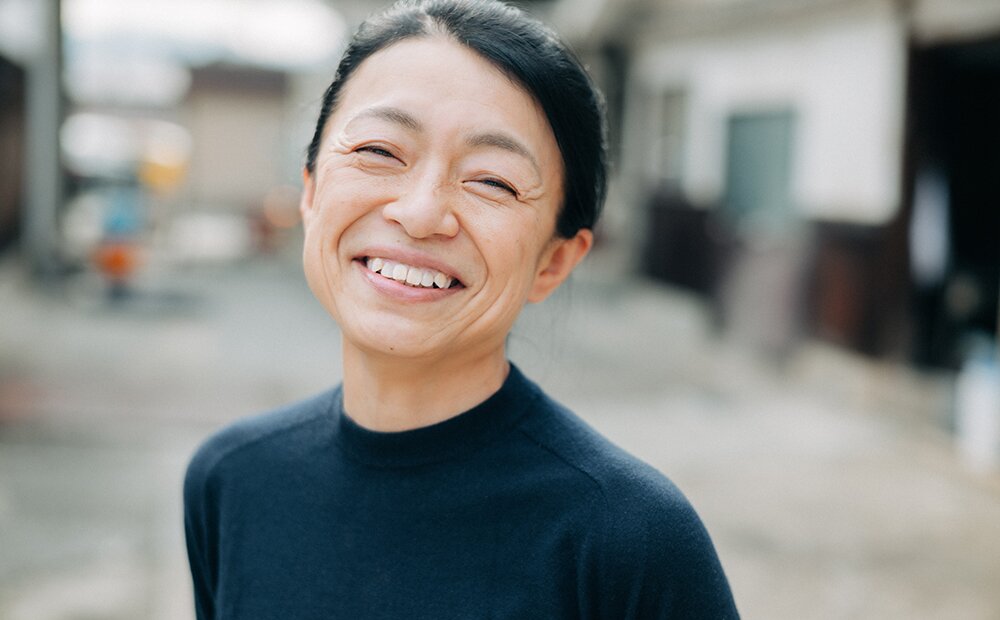
The UK imported almost 500,000 litres of sake last year with sales of the rice-based beverage set to grow, according to London-based sake educator Natsuki Kikuya.
She says demand is not only coming from Japanese venues, but also non-Japanese restaurants, which are increasingly recognising the significance of this category; Kikuya cites the Fat Duck and Ikoyi as providing sake pairings with their tasting menus, and other venues, such as modern European restaurant Kitchen Club in London’s Fitzrovia, choosing sake to enhance the dining experience.
This is good news for sake toji, ormaster brewer, Miho Imada (pictured), who runs her family-owned 150-year-old sake brewery Imada Shuzo in Hiroshima, Japan. Imada is one of only a handful of women in Japan who own and lead a sake brewery.
Her business supplies Japanese restaurant Zuma London in Mayfair with the brewery’s Fukucho Hattanso Junmai Ginjo 40 sake, but she is also in talks with Tazaki Foods, an importer and distributor of Japanese food and drink, to expand her portfolio’s presence and exposure in the UK.
What attracted you to sake brewing?
I became interested in sake brewing due to my fascination with the incredible skills and wisdom of the artisan toji. This appreciation reflects the wonderful Japanese culture embedded in the craft.
Could you talk me through the steps in your career to where you are now?
My career journey involved a decade of work in Tokyo after university, initially in an unrelated field to sake.
I managed cultural projects at a department store and contributed to the restoration of Noh plays and production groups at the Japan Society for the Promotion of Nohgaku Arts ‘Hashi no Kai’. Eventually, I returned to Hiroshima to take over the family sake business.
How would you describe sake?
A rich drink that encapsulates the traditional culture and climate of Japan.
Tell us of your plans to increase your presence and supply the on-trade
My plan is to educate and enlighten people about sake's artisanal nature, rooted in rich Japanese culture and traditions. It's not merely an industrial product, but a drink to be enjoyed with a sense of cultural appreciation.
What advice would you give someone starting out in the sake industry?
For those starting in the sake industry, recognise that many breweries are small, local businesses. Sake brewing, shaped by craftsmen over generations, involves working with the natural world's micro-organisms. While mastering this technique isn't easy, the joy it brings to the brewer is profound. Persevere and embrace the learning process.
First UK cookery school dedicated to Japanese cuisine to open
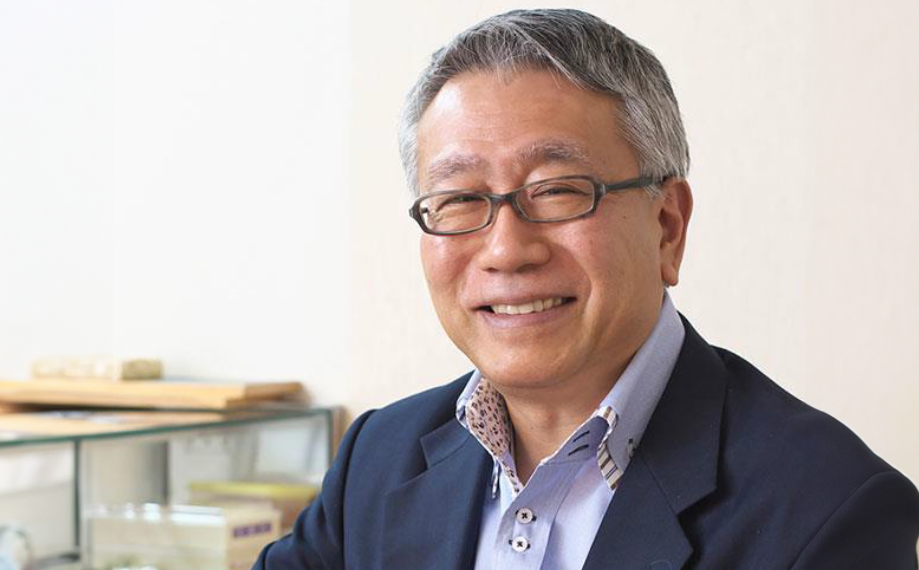
Masaru Watanabe notes that, during his time at Tokyo College of Sushi and Washoku in Tokyo, he saw applications from overseas students wanting to learn the traditions behind Japanese food culture increase to the point where it made sense for the college to open a European branch.
“Interest in Japanese cuisine is growing,” he says, adding that London is one of the world’s most multicultural food cities, with many diners seeking an authentic Japanese cuisine experience. This means that chefs qualified in sushi and washoku are in high demand.
“We know there is a desire among consumers for authenticity and chefs want to learn the traditions behind the preparation of Japanese cuisine, as well as methods of cooking,” he says.
Watanabe says he surveyed most of the UK cookery schools and programmes for over a year and found none offers a full-time Japanese cookery programme for professional chefs: “As far as my survey covers, this is the first cookery college for Japanese cuisine in Europe,” he says.
The Tokyo College of Sushi and Washoku, London, will open its doors in September in a yet to be announced venue in west London. Courses will cover areas such as choosing the right rice, how the seasons affect which crockery to use, fine-tuning taste and the preparation of a full Kaiseki meal – “the haute cuisine of Japan,” says Watanabe.
Two Japanese instructors will give six month, full-time practical courses, as well as intensive short courses for professional chefs, in English. There will also be part-time courses for chefs who are already in employment who want to add elements of Japanese cuisine to their existing menus.



